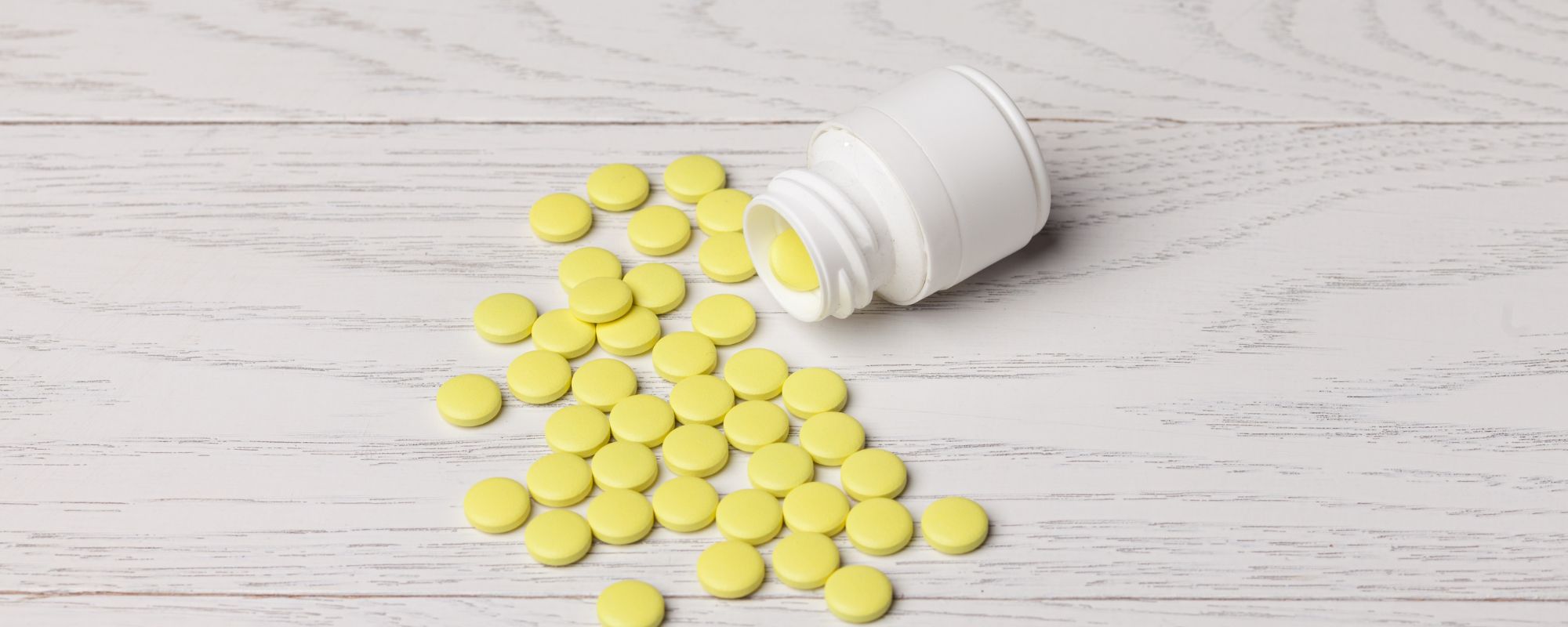Alcohol-induced psychosis can be frightening for the drinker as well as those around them. Whether you’re someone who enjoys drinking alcohol or you’re curious about the impact of alcohol on mental health, knowing what this condition is and why it happens can help more people find the treatment they need.
What is Alcohol-Induced Psychosis?
Alcohol-induced psychosis is a severe condition stemming from prolonged and excessive alcohol consumption. It involves a break from reality, with individuals experiencing hallucinations, delusions, and impaired judgment. This condition can be particularly alarming as it poses risks to both mental and physical well-being.
The exact mechanisms of alcohol-induced psychosis are not fully understood, but it’s believed that alcohol disrupts the normal functioning of neurotransmitters, leading to distorted perceptions and thoughts. This disruption in brain function can result in a range of symptoms, from mild to severe.
3 Categories of Alcohol-Induced Psychosis
Alcohol-related psychosis is categorized into three areas:
- Alcohol Withdrawal Psychosis: Alcohol withdrawal can be dangerous. It can also bring about a temporary form of psychosis. Alcohol withdrawal delirium (AWD) is a psychosis that long-time heavy drinkers are at risk for when they quit drinking. Alcohol-induced psychosis can be a part of what is more commonly known as delirium tremens (DTs). People with DTs sometimes experience hallucinations or delusions. They may also feel like bugs are crawling on their skin.
- Acute Alcohol Intoxication: While uncommon, acute alcohol psychosis can occur anytime you drink excessive amounts of alcohol. One night of binge drinking can trigger acute psychosis. Most people will become unconscious before any psychotic symptoms appear.
- Chronic Alcoholic Hallucinosis: People who’ve been abusing alcohol for years are at risk for alcoholic hallucinosis. If you have alcoholic hallucinosis, you may experience auditory hallucinations: hearing sounds that aren’t there. Some people also experience erratic mood shifts, delusions, and visual and tactile hallucinations. This type of alcohol-induced psychosis may occur sporadically for hours or days. Over time, alcoholic hallucinosis can begin mimicking symptoms of schizophrenia and last indefinitely. In some cases, chronic alcoholic hallucinosis leads to brain damage. This may include Wernicke-Korsakoff syndrome and long-term psychotic disorders.
Commonly Asked Questions About Alcohol-induced Psychosis:
Yes, it is possible to die from alcohol withdrawal psychosis. People often experience alcohol-induced psychosis as a part of DTs (delirium tremens). Not only can this result in extreme confusion, and result in accidental death, but it can also lead to the onset of fatal seizures.
For this reason, people who experience alcohol withdrawal psychosis are in need of critical, emergency care. Medical interventions can provide sedatives, 24/7 monitoring, and other evidence-based treatments can prevent these life-threatening risks in an alcohol detox facility.
The alcohol withdrawal symptoms timeline varies by individual, but the stages are:
- Mild symptoms often start around 6-8 hours after the last drink
- Moderate symptoms typically begin around 12-24 hours after consuming alcohol
- Severe symptoms can occur after 48-72 hours
People may also experience post-acute withdrawal syndrome, or PAWS, which is when withdrawal symptoms last for months after a person has detoxed from alcohol.
Get confidential help from our addiction and mental health treatment facilities located across the United States. Call to join one of our quality programs today!
Speak With Our Admissions TeamDoes Everyone Who Drinks Experience Psychosis?
No, not everyone who drinks alcohol experiences psychosis. The likelihood of developing alcohol-induced psychosis depends on various factors, including the amount and frequency of alcohol consumption, individual tolerance, and genetic predisposition.
Factors that raise the risk include:
- Heavy Drinking: Individuals who engage in heavy drinking or binge drinking are at a higher risk.
- Pre-existing Mental Health Conditions: Those with pre-existing mental health conditions, such as schizophrenia or bipolar disorder, may be more susceptible.
- Genetic Factors: Genetic predisposition can play a role in determining an individual’s vulnerability to alcohol-induced psychosis.
The Dangers of Alcohol-Induced Psychosis
Alcohol-induced psychosis can be life-threatening, especially if left untreated. The severity of alcohol-induced psychosis symptoms can vary, but in extreme cases, individuals may engage in dangerous behaviors due to impaired judgment. Additionally, alcohol poisoning and the risk of accidents are heightened during episodes of psychosis.
People with alcohol-induced psychosis symptoms may exhibit a few or several of the following:
- Agitation
- Acting strangely or inappropriately
- Aggression or violence and lashing out for no reason
- Crying, laughing, or having other reactions inappropriate for the situation
- False beliefs
- Fear
- Hallucinating sounds, sights, or feelings
- Inability to hold a conversation
- Jumbled thoughts
- Losing touch with reality
- Paranoia, such as fear of persecution or thinking others are “out to get them”
- Scratching or having the feeling of bugs crawling on the body
- Talking to oneself or someone who’s not there
What Other Problems Can Long-Term Alcohol Abuse Cause?
Beyond alcohol-induced psychosis, long-term alcohol abuse can wreak havoc on both physical and mental well-being. Alcoholism can lead to:
- Alcohol Use Disorder (AUD): A chronic relapsing brain disorder characterized by an inability to control or stop drinking despite negative consequences.
- Liver Damage: Chronic alcohol abuse can lead to liver inflammation, fatty liver, alcoholic hepatitis, and cirrhosis.
- Cardiovascular Issues: Increased risk of heart disease, high blood pressure, and irregular heartbeats.
- Depression and Anxiety: Alcohol abuse can exacerbate mental health conditions and contribute to the development of depression and anxiety disorders.
- Neurological Impairment: Cognitive deficits, memory loss, and an increased risk of dementia.
- Malnutrition: Alcohol can interfere with nutrient absorption, leading to malnutrition and related health issues.
- Weakened Immune System: Reduced ability to fight off infections and increased susceptibility to illnesses.
- Increased Risk of Accidents: Impaired coordination and judgment increases the risk of accidents and injuries.
- Social Isolation: Alcohol abuse often leads to social withdrawal, strained relationships with family and friends, and occupational irregularities.
Looking for quality treatment for substance abuse and mental health that’s also affordable? Aliya Health Group's treatment facilities accept most major insurance providers. Get a free insurance benefits check now!
Check Your CoverageAlcohol Addiction Treatment at Aliya Health Group
Addiction doesn’t go away on its own, and often, professional treatment is required. At Aliya Health Group, we have nationwide rehabilitation centers that offer evidence-based addiction treatment programs. To successfully treat alcohol addiction, we provide a full continuum of care across our treatment center locations. Our addiction treatment programs include:
- Medical detox program
- Residential treatment program
- Partial care (PC) program
- Intensive outpatient program (IOP)
- Outpatient program (OP)
Our programs are tailored to help you effectively recover from alcohol and drug addiction, ensuring your safety and comfort throughout the healing process. At every step, we create personalized treatment plans to guide our clients throughout their addiction recovery journey.
Our inpatient programs, including detox and residential care, provide round-the-clock medically supervised support, along with holistic therapies. All therapies are conducted in the serene environment of our client’s treatment residences, which allows us to maintain a focused and personalized approach to treatment. Whether on an individual basis or in small groups, our addiction treatment programs are designed to meet the unique needs of each client.
After completing inpatient treatment, clients can transition through PC and IOP to continue receiving comprehensive support to ensure the best possible outcomes. Following aftercare, clients can also participate in our customizable outpatient treatment programs for ongoing support and guidance.
Whether you or a loved one have experienced alcohol-induced psychosis or you’re dealing with addiction, contact Aliya Health Group today to get the help you need.


















